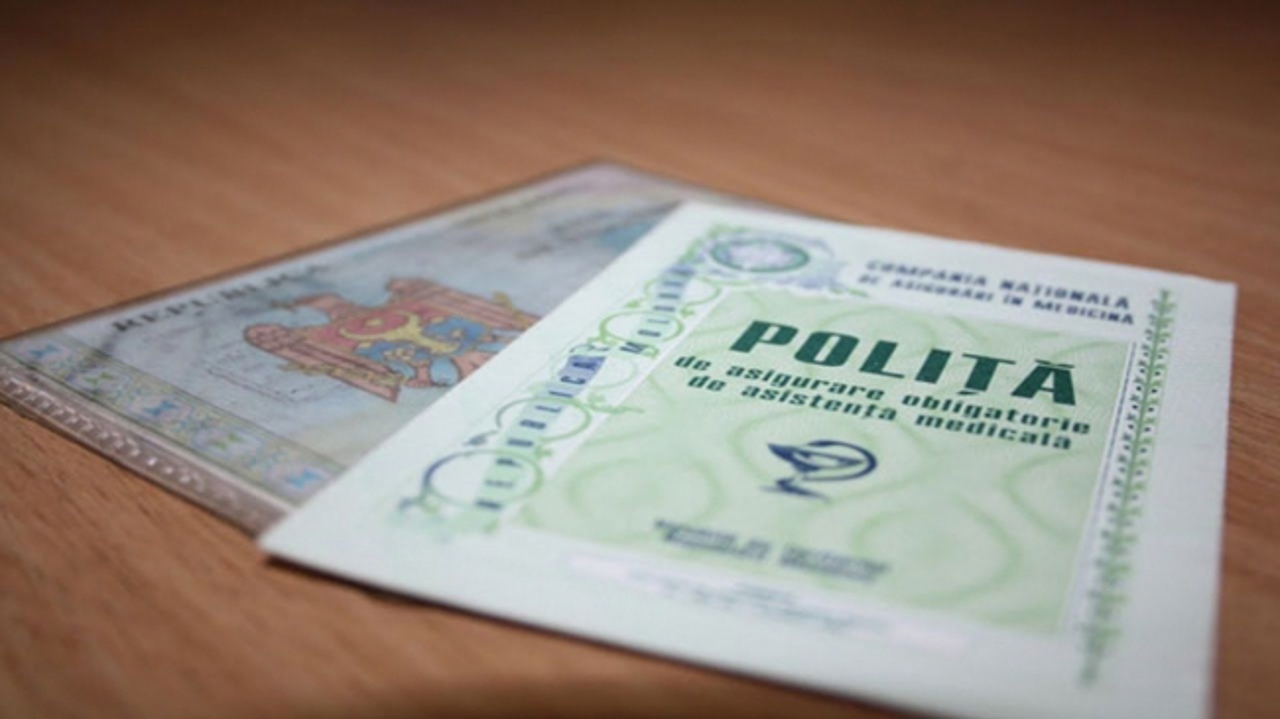Historic release: Moldova's soviet deportation archives open
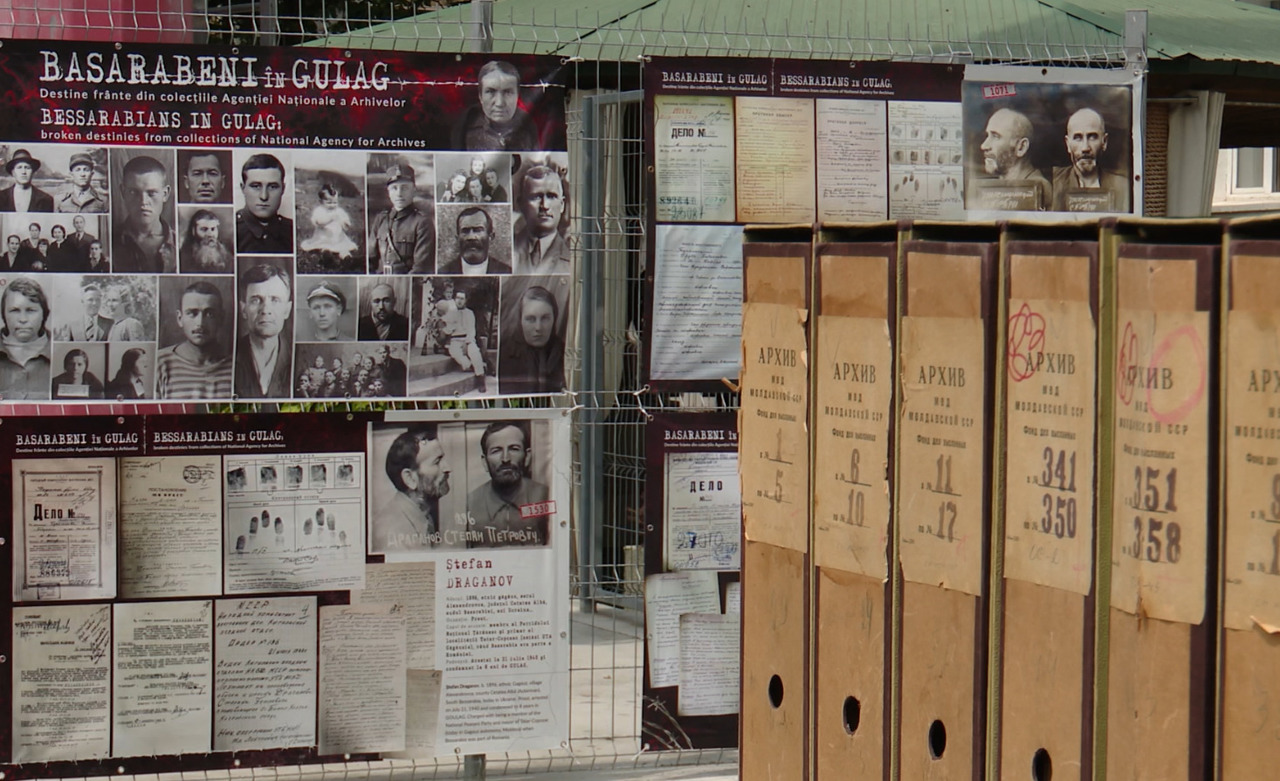
On the eve of the commemoration of the June 12-13, 1941, mass deportations, the final tranche of approximately 20,000 files belonging to victims of political repression was declassified and formally transferred to the National Archival Agency.
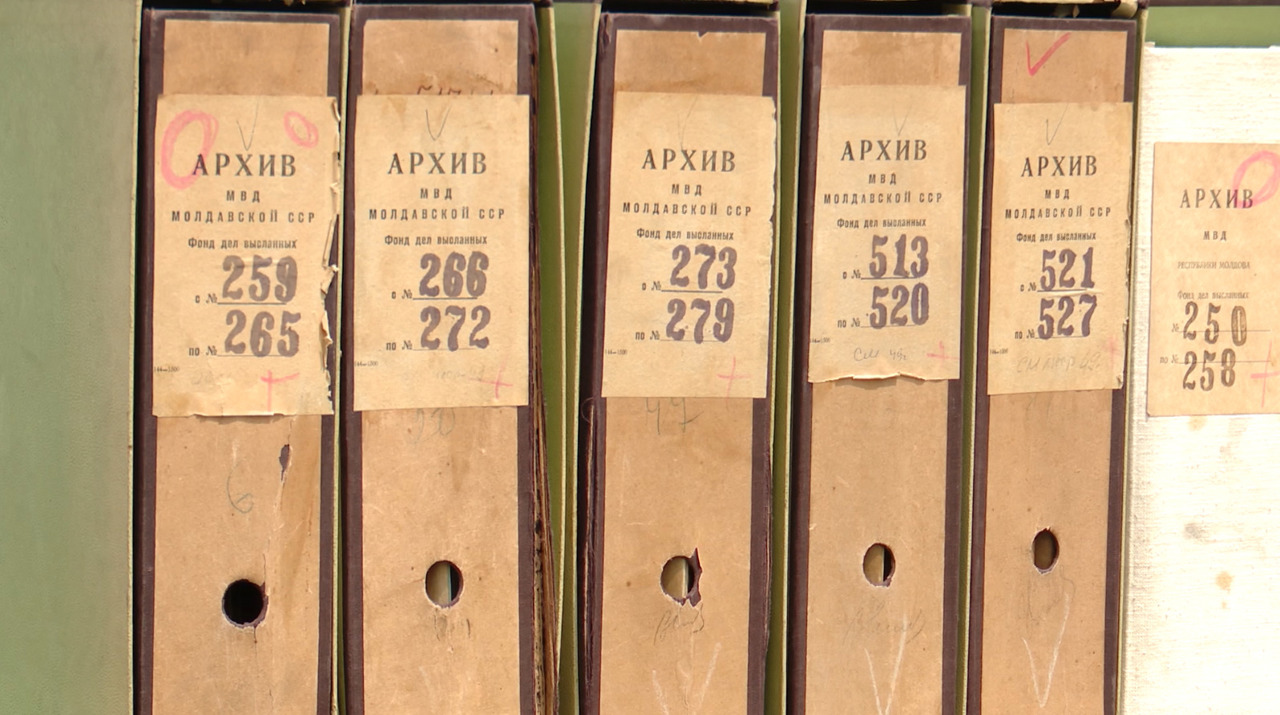
As a result, within a month, these documents will be made accessible to researchers, historians, and the general public. These files are especially awaited by victims and the families of those who endured the deportations and the Gulag.
As a tribute during the event, students from the "Ștefan cel Mare" Academy symbolically read out the names of some deported families, followed by a moment of silence.
The declassified files serve as testimonies to the suffering of over 57,000 politically deported individuals, who were exiled without explanation to remote regions of the Soviet Union.
"We have here a file concerning Marin Alexei, a professor from the Soroca Agricultural Technical College, and his family. I had the opportunity to go on expeditions and meet this deportee's son in Novosibirsk. I sought to retrieve this file because it's crucial to understand that individuals who were deported and remained in Siberia know almost nothing about the contents of these files that we possess," recounts Maria Zinovii, head of the Government Archival Fund Directorate.
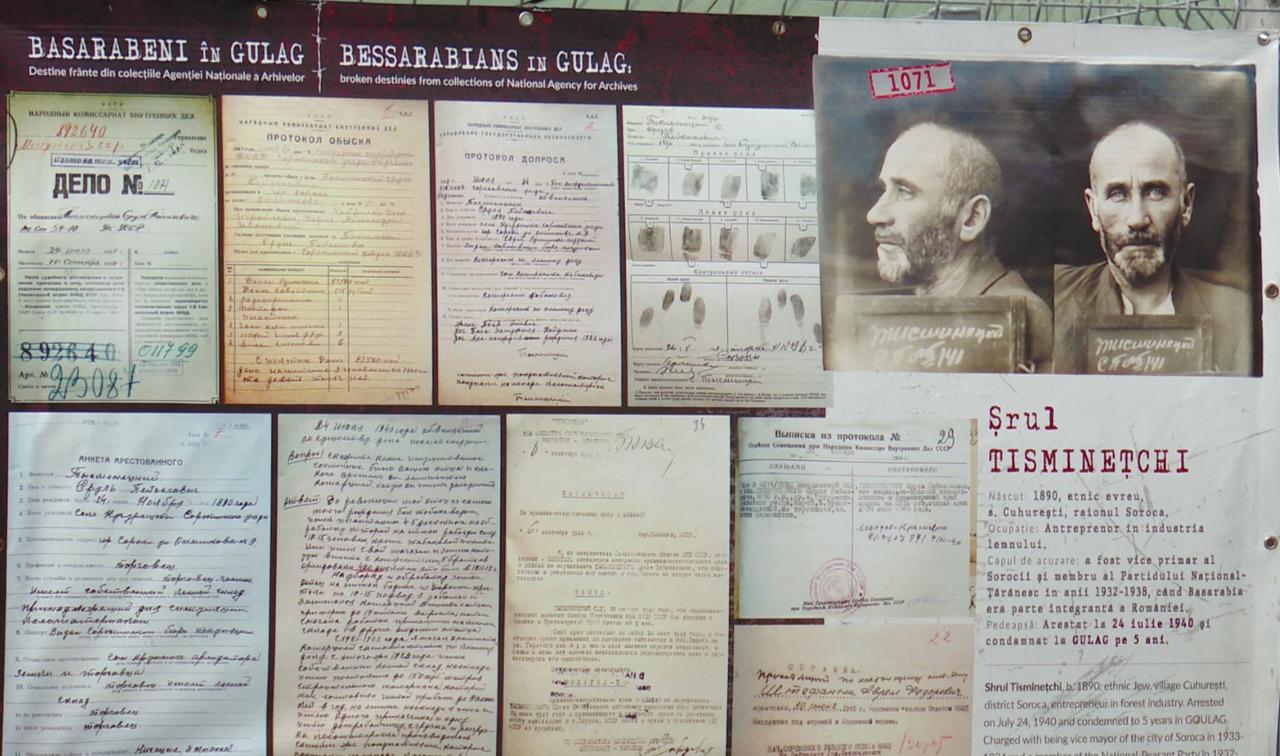
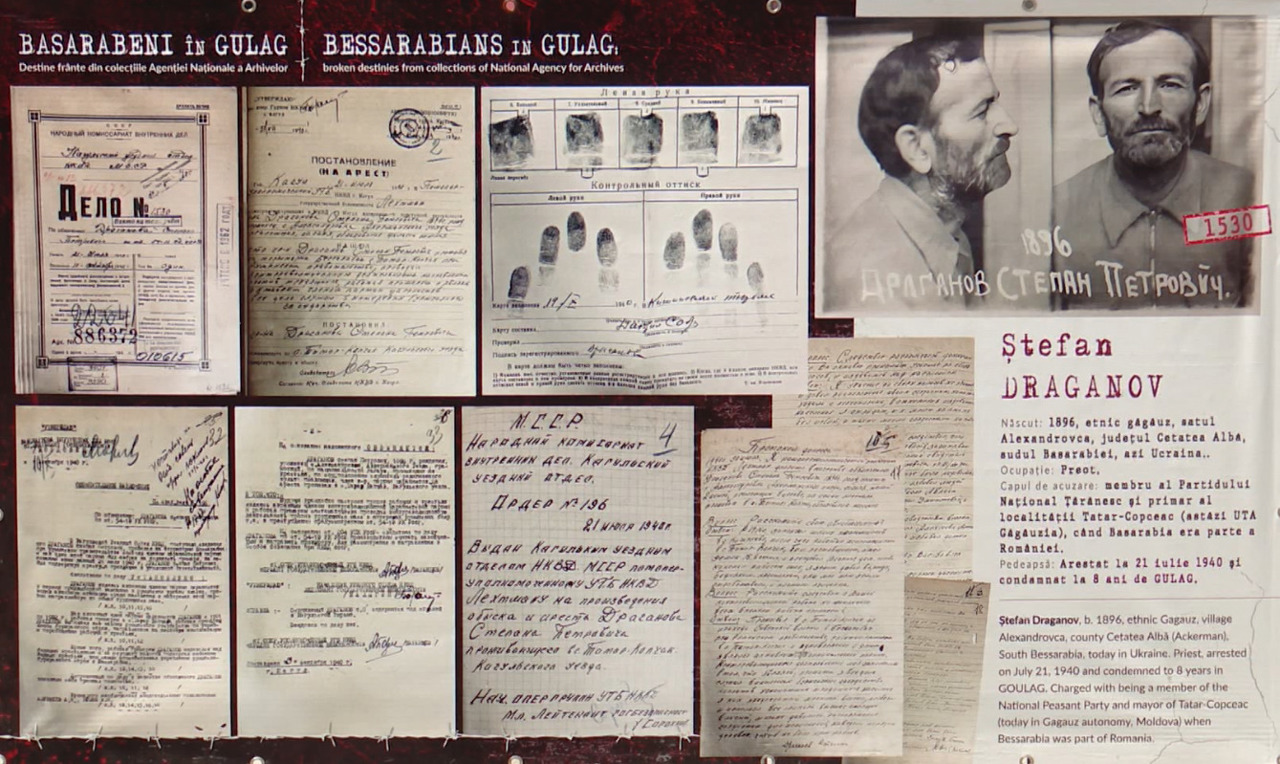
"The oldest file dates back to 1920, and the most recent is from 1986. Currently, we possess the vast majority – approximately 95% – of all personal files of victims of the Soviet regime," states Igor Cașu, director of the National Archival Agency.
The transfer of these files marks the culmination of a decade-long effort by the Commission for Examining Political Repression Victims' Rehabilitation Claims within the Ministry of Internal Affairs.
"Today, a part of the truth returns home, and with it, a glimmer of dignity for those who were condemned without trial, driven from their homes, and exiled by history," emphasized Daniella Misail-Nichitin, Minister of Internal Affairs.
"Next, we plan to finalize the digitalization of the archive, ensuring that each family can find all their relatives online, which we believe will bring healing to all of us," declared Prime Minister Dorin Recean.

In total, citizens will have access to approximately 48,000 declassified files, transferred from all state institutions. These files contain around 100,000 names, including detailed information on deportation destinations, personal statements, administrative correspondence, the legal grounds for deportation, lists of confiscated property, as well as decisions regarding release/termination of deportation and rehabilitation rulings.



